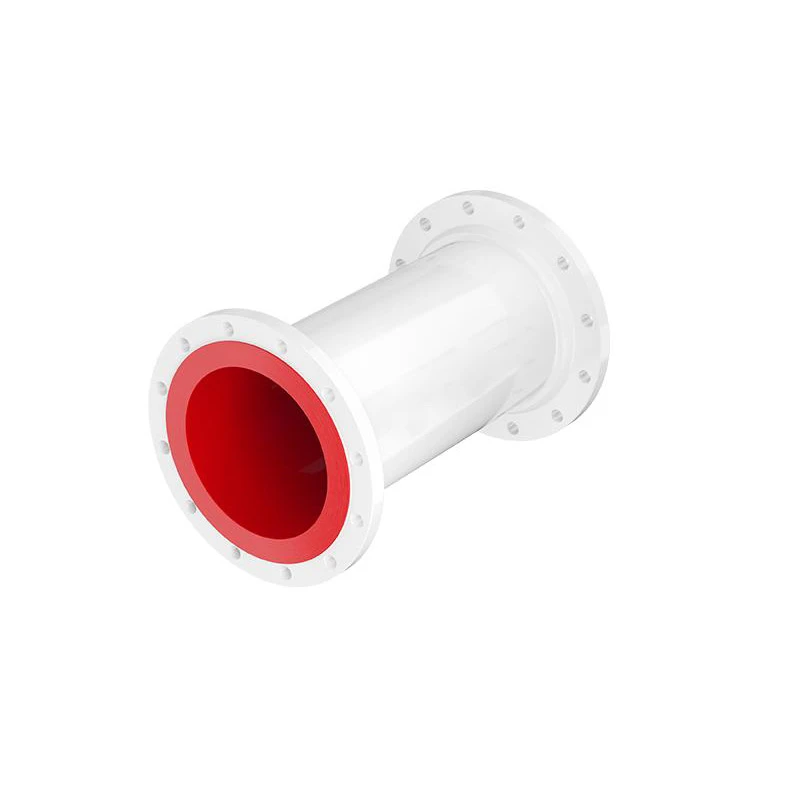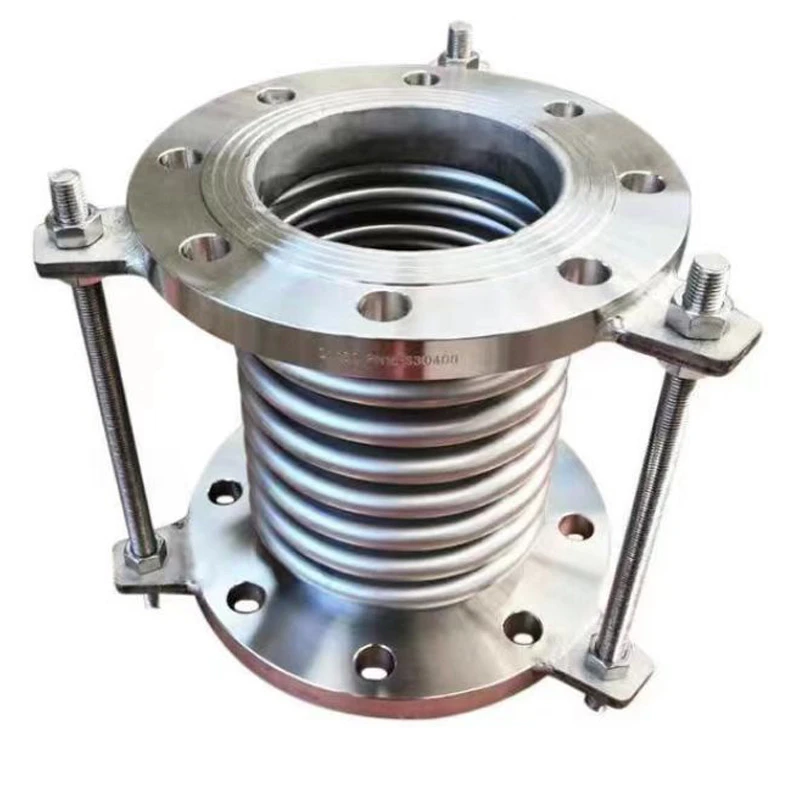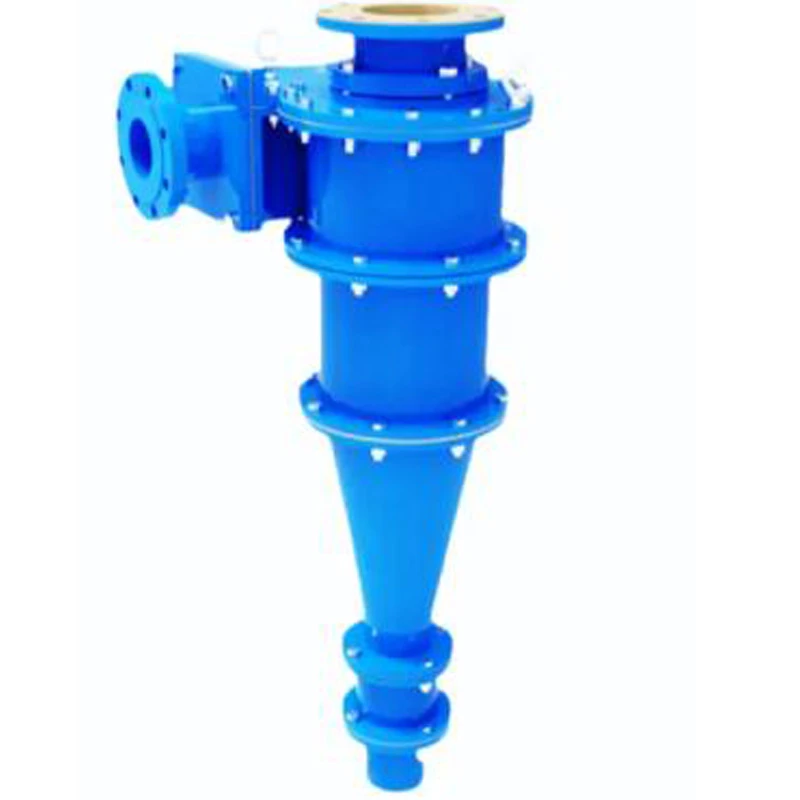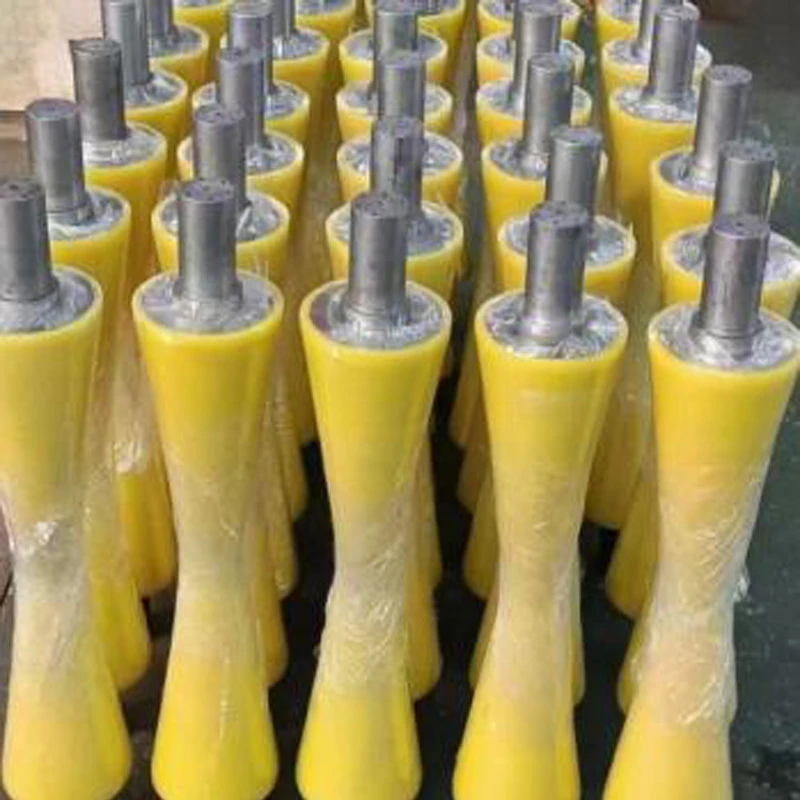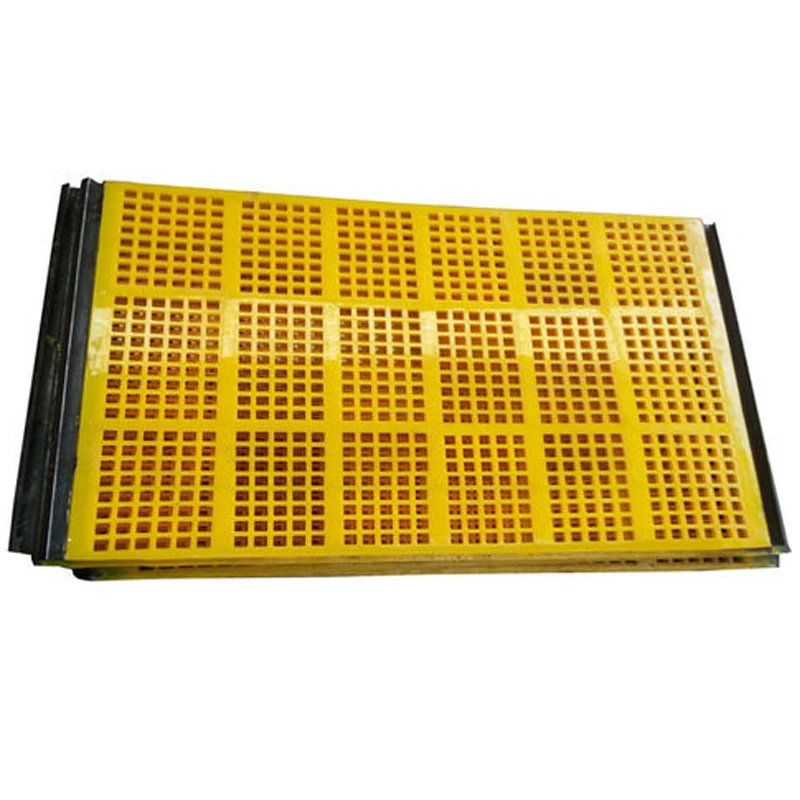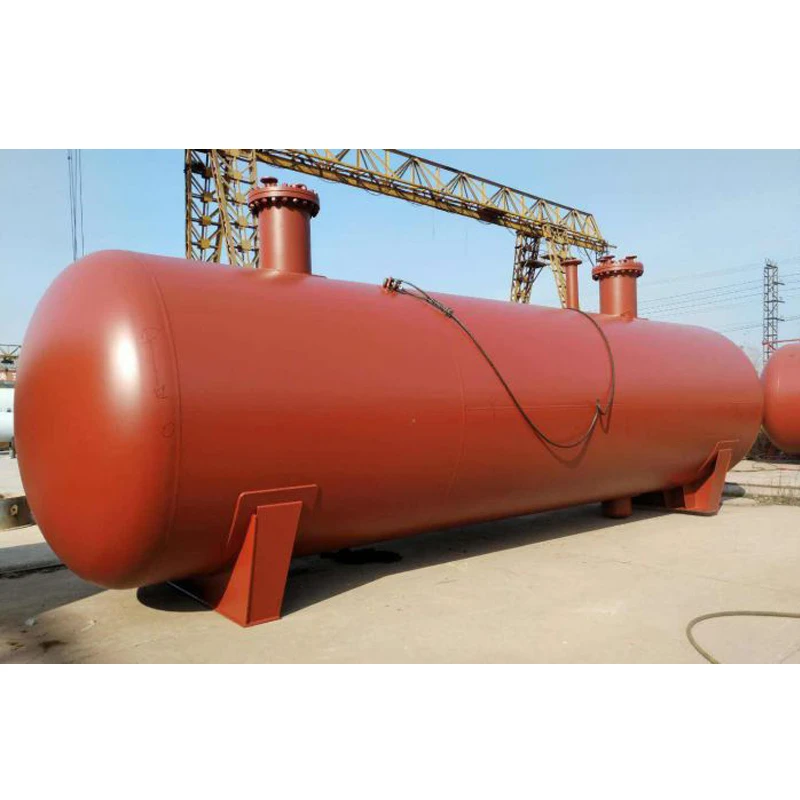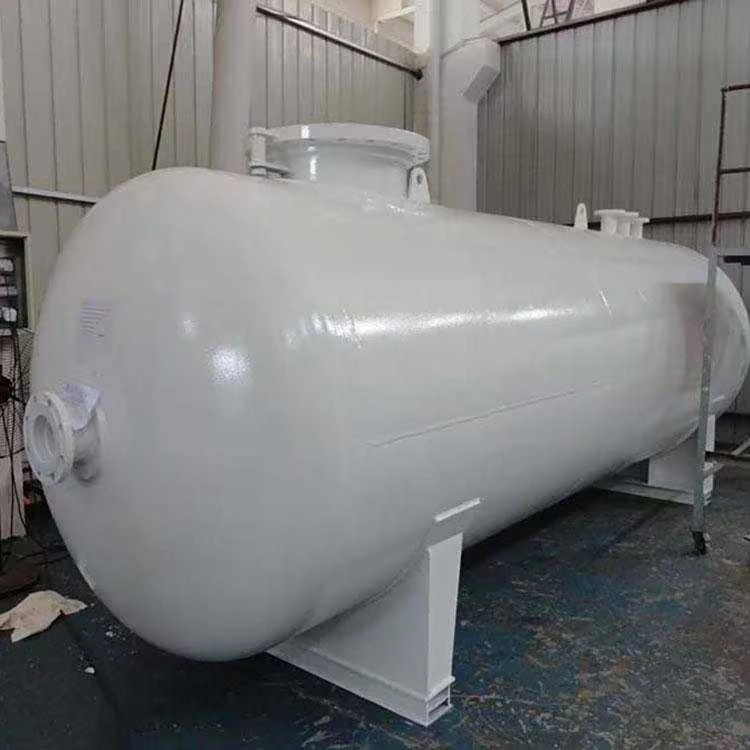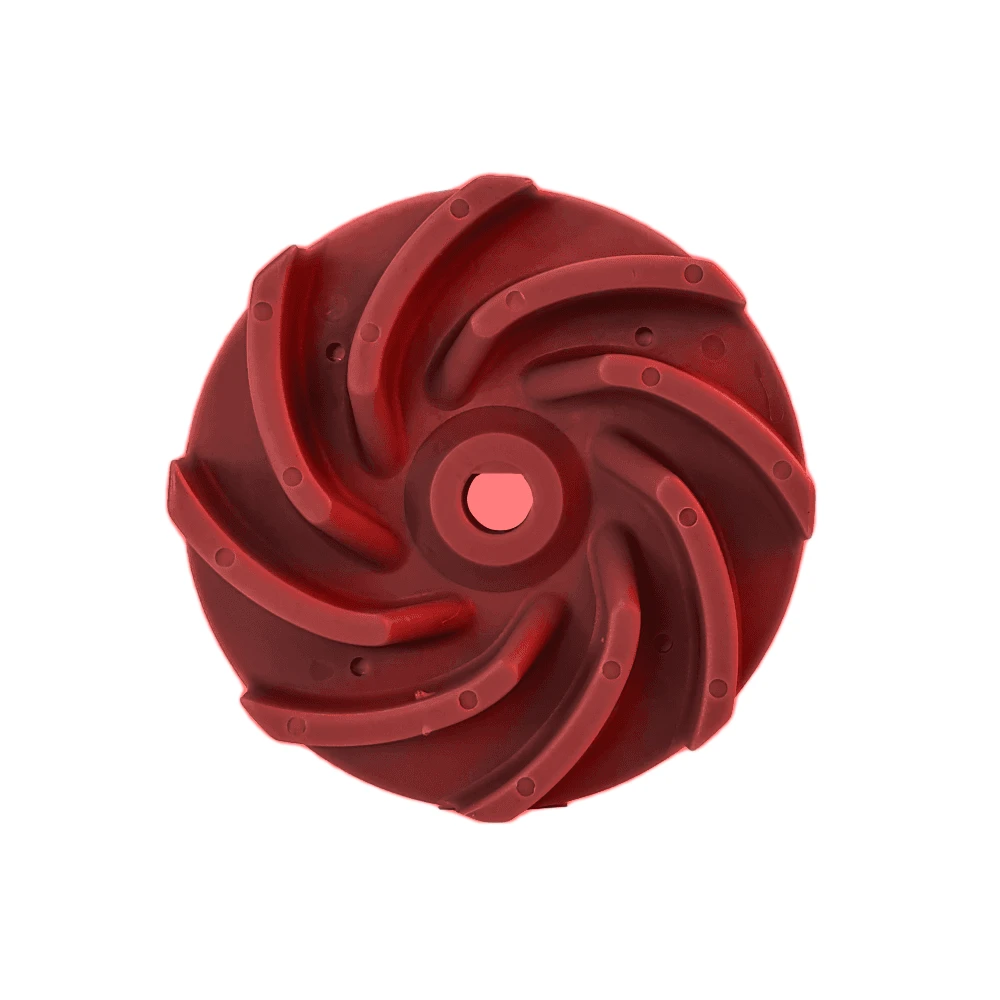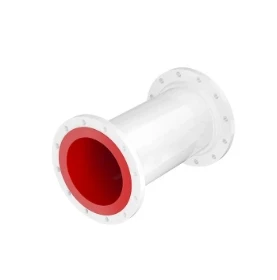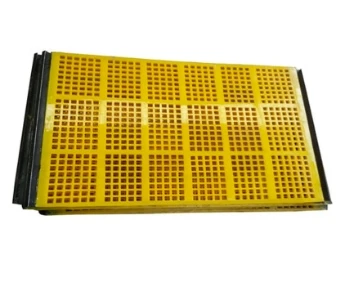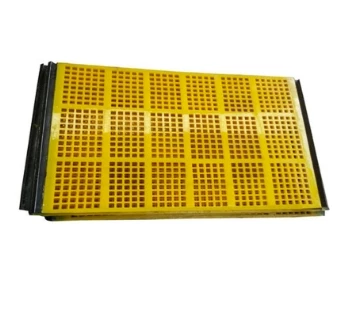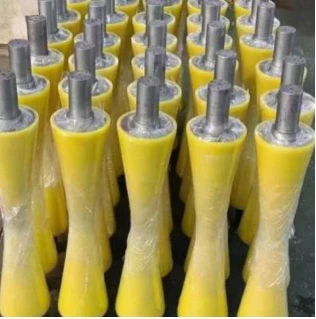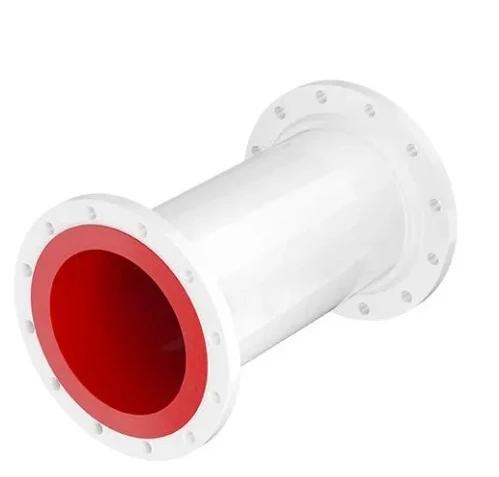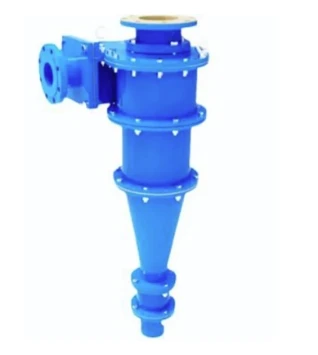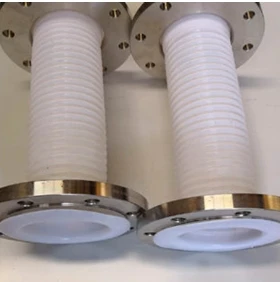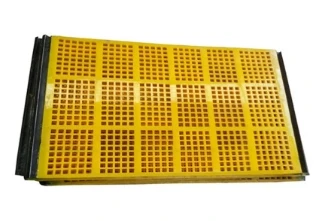Premium PU Screen Panels: Durable Polyurethane Fine Screens
Understanding Polyurethane Screen Technology
In the demanding world of mineral processing and material separation, the efficiency and longevity of screening media are paramount. Traditional metal screens often succumb to rapid wear, corrosion, and blinding, leading to frequent downtime and increased operational costs. This is where the advanced properties of pu screen technology offer a transformative solution. Polyurethane screen panels, often referred to simply as PU screens, are engineered from high-performance polyurethane elastomers, designed to withstand extreme abrasion, impact, and corrosive environments. Their unique material composition and manufacturing precision ensure superior screening performance across a multitude of applications, driving both efficiency and sustainability in industrial operations.
The global demand for durable and efficient screening solutions continues to rise, especially with the increasing focus on resource optimization and waste reduction. Industry trends indicate a significant shift towards materials that offer extended service life and reduced maintenance needs. Polyurethane screens are at the forefront of this evolution, demonstrating exceptional resilience compared to woven wire or perforated plate alternatives. This technological advancement directly translates into higher throughput, finer separation, and a considerable reduction in operational expenditure for industries ranging from mining and quarrying to aggregate and recycling.
Technical Specifications and Performance Metrics
The efficacy of a polyurethane screen panel is quantified by several key technical parameters that define its suitability for specific industrial applications. These parameters dictate the screen's ability to resist wear, maintain aperture integrity, and perform consistently under operational stress. Understanding these specifications is crucial for engineers and procurement specialists to select the optimal pu screen solution. Key metrics include Shore hardness, tensile strength, elongation at break, tear strength, and abrasion resistance. These properties are meticulously controlled during the manufacturing process to ensure consistent product quality and performance.
| Parameter | Typical Range/Value | Description/Significance |
|---|---|---|
| Shore Hardness (A Scale) | 80-95A | Measures resistance to indentation; higher values indicate greater hardness and abrasion resistance. |
| Tensile Strength | >40 MPa | Indicates the maximum stress a material can withstand before breaking under tension. |
| Elongation at Break | >400% | Measures ductility and ability to deform without fracturing. Higher values mean better impact absorption. |
| Tear Strength | >80 KN/m | Resistance to the propagation of a tear; critical for preventing screen panel failure. |
| Operating Temperature Range | -40°C to +80°C | The temperature range within which the material retains its optimal mechanical properties. |
| Abrasion Loss (DIN 53516) | <50 mm³ | Lower values indicate superior resistance to wear from abrasive materials. |
These specifications are crucial for ensuring that a polyurethane fine screen can effectively process materials like sand, gravel, coal, iron ore, and other minerals, delivering consistent sizing and separation. The material's inherent flexibility also aids in anti-blinding, a common issue with wire mesh screens, by allowing the screen to flex and dislodge trapped particles. This self-cleaning action significantly enhances throughput and reduces the need for manual cleaning, leading to greater operational efficiency and reduced downtime in processing plants.
Manufacturing Process and Quality Assurance
The production of high-quality Polyurethane Screen Panels involves a precise, multi-stage manufacturing process, ensuring consistency in material properties and dimensional accuracy. The process begins with the careful selection of premium polyurethane prepolymers, polyols, and curing agents. These raw materials are chosen for their specific characteristics that contribute to the final product's desired hardness, elasticity, and abrasion resistance. The integrity of the final pu screen panel largely depends on the initial material purity and precise formulation.
The primary manufacturing technique typically involves liquid casting. First, molds are prepared, often using advanced CNC machining to ensure precise aperture sizes and panel dimensions. The raw polyurethane components are then accurately measured and mixed under controlled temperature and vacuum conditions to eliminate air bubbles and ensure homogeneity. This mixed liquid polyurethane is then poured into the prepared molds. The filled molds undergo a controlled curing process, where temperature and time are carefully regulated to allow for complete polymerization, forming a solid, resilient elastomer. After curing, the panels are demolded, followed by finishing processes such as trimming, grinding, or drilling, depending on the specific panel design and attachment requirements.
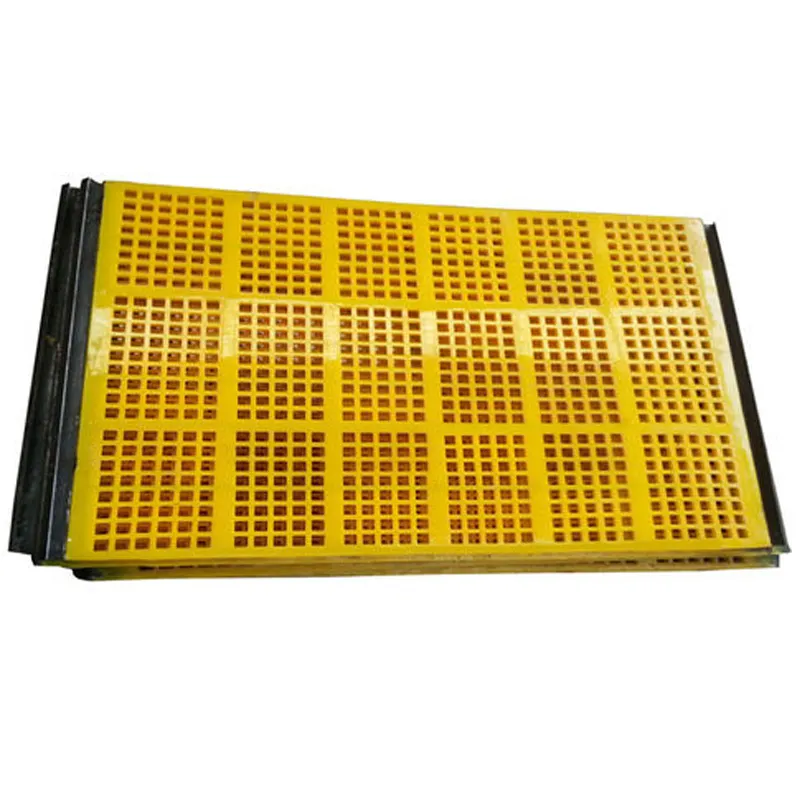
A high-precision manufacturing facility dedicated to producing quality polyurethane screen solutions.
Quality control is integrated at every stage, from raw material inspection to final product testing. Manufacturers adhere to rigorous international standards such as ISO 9001 for quality management systems and ASTM (American Society for Testing and Materials) or DIN (Deutsches Institut für Normung) standards for material properties like Shore hardness and abrasion resistance. Comprehensive testing includes visual inspection for defects, dimensional checks, and mechanical property testing (e.g., tensile strength, elongation, tear strength). This meticulous process ensures that each polyurethane fine screen delivered meets the highest performance and durability standards, guaranteeing a reliable service life, often exceeding that of steel screens by 3-10 times, contributing to significant energy savings and reduced corrosive wear in demanding applications like petrochemical and metallurgy.
Application Scenarios and Industry Advantages
The versatility and robust performance of pu screen panels make them indispensable across a diverse range of heavy industries. Their resistance to abrasion, impact, and corrosion makes them ideal for environments where other materials quickly fail. Key application scenarios include:
- Mining & Quarrying: Used for primary and secondary screening of aggregates, sand, gravel, iron ore, coal, and various minerals. The high wear resistance drastically reduces replacement frequency compared to steel screens.
- Metallurgy: Essential for separating metallic ores and slag, where high impact resistance and vibration dampening properties prevent damage and reduce noise.
- Building Materials: For sizing cement clinker, lime, and other construction materials, ensuring consistent product quality and efficient processing.
- Water Treatment & Wastewater: Utilized in dewatering and filtering applications, particularly where corrosive chemicals or fine particles are present. The non-corrosive nature of polyurethane is a significant advantage.
- Recycling: For sorting and separating different types of waste materials, contributing to more effective recycling processes.
- Chemical & Petrochemical: Employed in various separation processes where chemical inertness and resistance to specific reagents are required.
The advantages of deploying pu screen technology are multifaceted. Beyond extended lifespan and reduced maintenance, these panels offer superior noise reduction, enhanced safety due to lighter weight and easier handling, and improved screening efficiency thanks to their self-cleaning properties that mitigate blinding. For example, in a typical aggregate plant, switching from woven wire to polyurethane can decrease screen replacement cycles by 70-80%, leading to significant operational cost savings and increased uptime. Moreover, the inherent resilience of polyurethane contributes to energy savings by reducing the load on vibrating screens and ensuring consistent material flow, thereby optimizing the entire processing line.
Custom Solutions and Manufacturer Differentiation
While standard polyurethane screen panel designs address many industry needs, leading manufacturers distinguish themselves through their ability to provide highly customized solutions. A comprehensive understanding of client-specific operational parameters, material characteristics, and desired output allows for the engineering of bespoke pu screen panels. Customization options extend to various dimensions, aperture shapes and sizes (e.g., square, slot, circular, or unique patterns), panel thickness, and even specific polyurethane formulations to fine-tune hardness and resilience for extreme conditions. This tailored approach ensures optimal performance, addressing unique challenges such as highly abrasive feed, sticky materials prone to blinding, or specific separation requirements.
When evaluating manufacturers, several key factors differentiate superior providers. A robust manufacturer offers not just a product, but a partnership. This includes: extensive experience in the field (e.g., 20+ years in manufacturing), a proven track record of successful installations, adherence to strict international quality standards (like ISO 9001:2015 certification), comprehensive technical support from initial consultation to post-installation, and a commitment to R&D for continuous product improvement. Transparent communication regarding delivery cycles (typically 2-4 weeks for standard orders, longer for custom tooling) and clear warranty policies (e.g., 1-year limited warranty against manufacturing defects) are also hallmarks of a trustworthy supplier. Their ability to provide detailed application case studies and client testimonials offers valuable insight into their capabilities and reliability.
Trust and Support: FAQs, Delivery, and Warranty
Building trust with B2B clients relies not only on product quality but also on transparent communication and reliable support services. For Polyurethane Screen Panels, common queries often revolve around installation, maintenance, and expected lifespan. Reputable suppliers provide clear guidance and readily accessible information to address these concerns. For instance, detailed installation guides often highlight the modular design of pu screen panels, which simplifies replacement and reduces downtime, a significant advantage over cumbersome traditional screens.
Frequently Asked Questions (FAQs)
-
Q: How do Polyurethane Screen Panels resist blinding?
A: The inherent elasticity and conical aperture design of the pu screen allows for a self-cleaning action. As the screen vibrates, trapped particles are dislodged, preventing material buildup and maintaining efficient separation. -
Q: What is the typical lifespan of a PU screen compared to wire mesh?
A: Due to superior abrasion and impact resistance, polyurethane fine screen panels typically last 3 to 10 times longer than traditional woven wire or perforated plate screens, significantly reducing replacement frequency and maintenance costs. -
Q: Can these panels be customized for specific applications?
A: Yes, leading manufacturers offer extensive customization options, including varying aperture sizes and shapes, panel dimensions, and specialized polyurethane formulations to meet unique project requirements and material characteristics.
Delivery and Warranty Information
Efficient logistics and clear guarantees are vital for operational planning. Standard delivery for Polyurethane Screen Panels typically ranges from 2 to 4 weeks, depending on order volume and specific customizations. Expedited options may be available for urgent requirements. Reputable manufacturers back their products with a comprehensive warranty, often a 1-year limited warranty, covering manufacturing defects and ensuring peace of mind for clients. Dedicated customer support teams are available for technical assistance, troubleshooting, and post-sales service, reinforcing the commitment to client success and long-term partnership.
Authoritative References
- International Organization for Standardization (ISO) – ISO 9001: Quality Management Systems.
- ASTM International – Standards for Rubber and Polymeric Materials.
- Journal of Materials Science and Engineering – Research on Elastomer Properties.
- Mining Engineering Handbook – Section on Screening and Classification.
- Polyurethane Handbook: Chemistry, Raw Materials, Processing, Application, Properties.
Related Products
Our main products are polyurethane lined pipes, mining equipment fittings and metal hoses.




